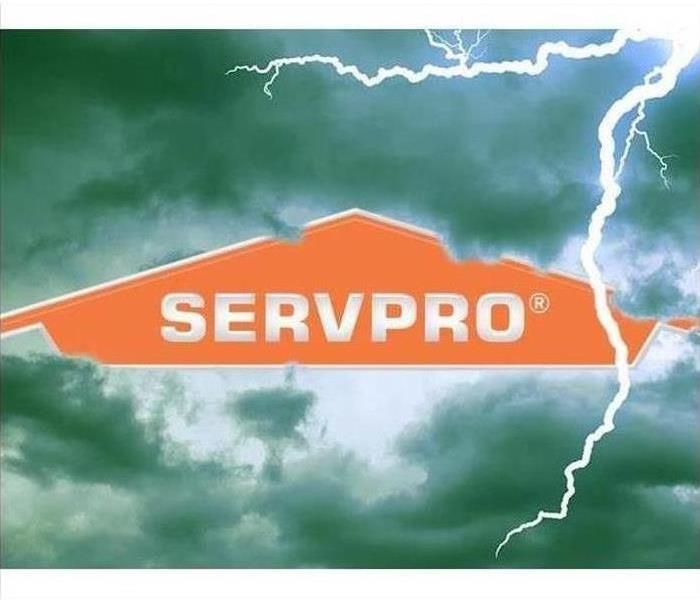Be Ready for Whatever Happens during a Storm
7/2/2019 (Permalink)
Be Prepared for Summer Storms this Season
Know the county in which you live and the names of nearby cities. Severe weather warnings are issued on a county basis.
Have disaster supplies on hand, including:
- Flashlight and extra batteries.
- Battery operated radio and extra batteries.
- First aid kit and manual.
- Emergency food and water.
- Non-electric can opener.
- Essential medicines.
- Checkbook, cash, credit cards, ATM cards.
Before the Storm
- Check the weather forecast before leaving for extended periods outdoors.Watch for signs of approaching storms.
- If a storm is approaching, keep a NOAA Weather Radio or AM/FM radio with you.
- Postpone outdoor activities if storms are imminent.
- Check on neighbors who require special assistance: infants, the elderly, and people with disabilities.
During the Storm
Remember: If you can hear thunder, you are close enough to the storm to be struck by lightning. Go to safe shelter immediately.
- Move to a sturdy building or car.
- Do Not take shelter in small sheds, under isolated trees, or in convertible automobiles.
- If lightning occurs and sturdy shelter is not available, get inside a hard top automobile and keep the windows up.
- Get out of boats and away from water.
- Telephone lines and metal pipes can conduct electricity.
- Unplug appliances not necessary for obtaining weather information.
- Avoid using the telephone or any electrical appliances.
- Use phones only in an emergency.
- Do not take a bath or shower.
- Turn off air conditioners. Power can overload the compressors.
- Get to higher ground if flash flooding or flooding is possible.
- Do Not attempt to drive to safety. Most flash flooding deaths occur in automobiles.
If you are caught outdoors and no shelter is nearby:
- Find a low spot away from trees, fences, and poles. Make sure the place you pick is not subject to flooding.
- If you are in the woods, take shelter under the shorter trees.
After the Storm
- Check on neighbors who may require special assistance: infants, the elderly, and people with disabilities.
- Avoid all downed power lines. Assume that all have live electricity.
- Continue to monitor NOAA Weather Radio and your local media for latest weather updates.






 24/7 Emergency Service
24/7 Emergency Service
